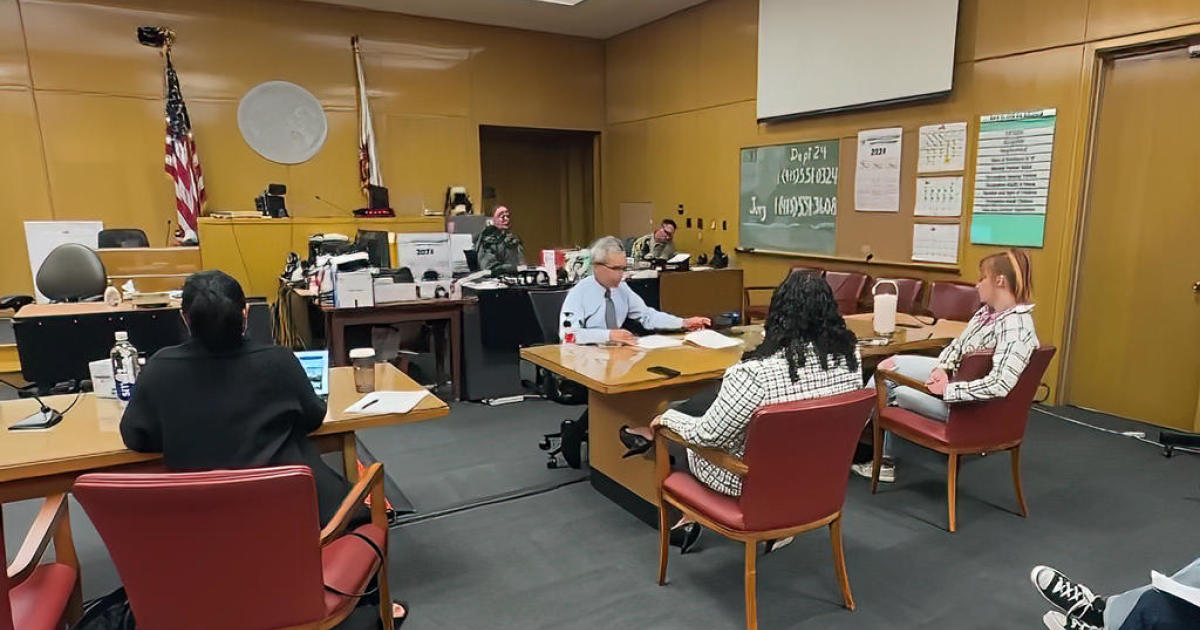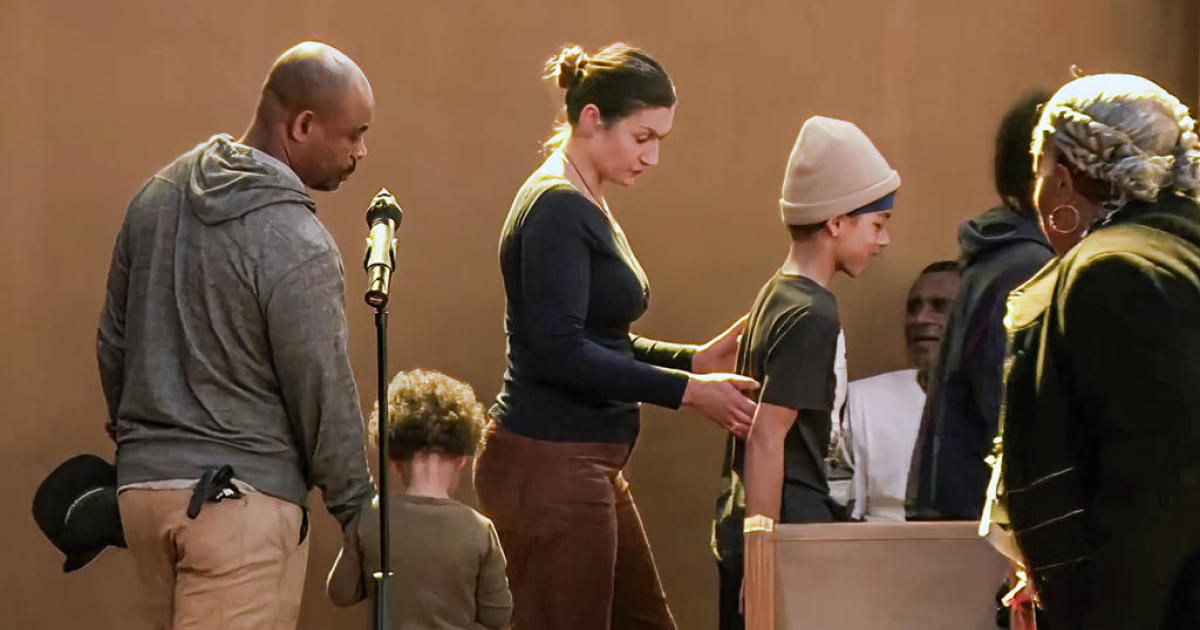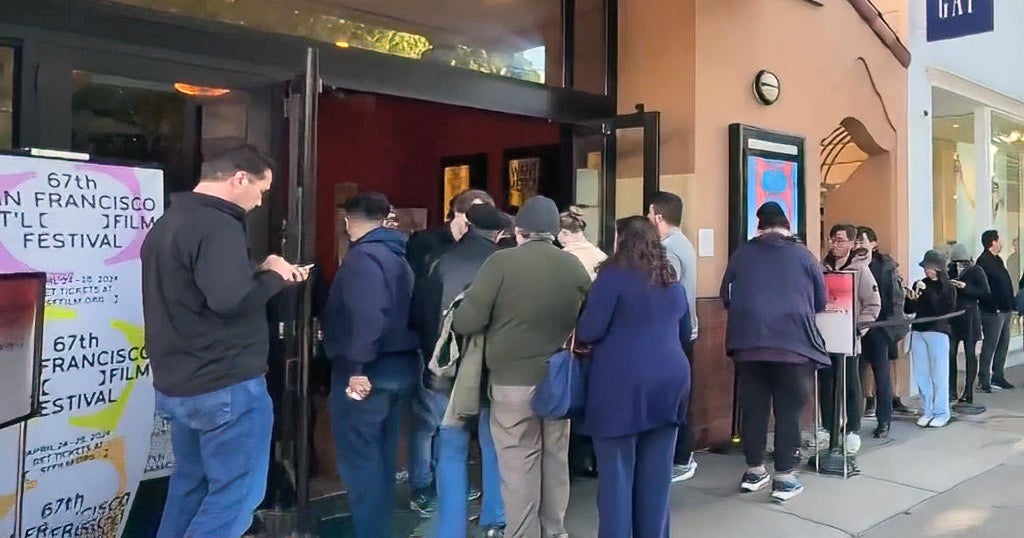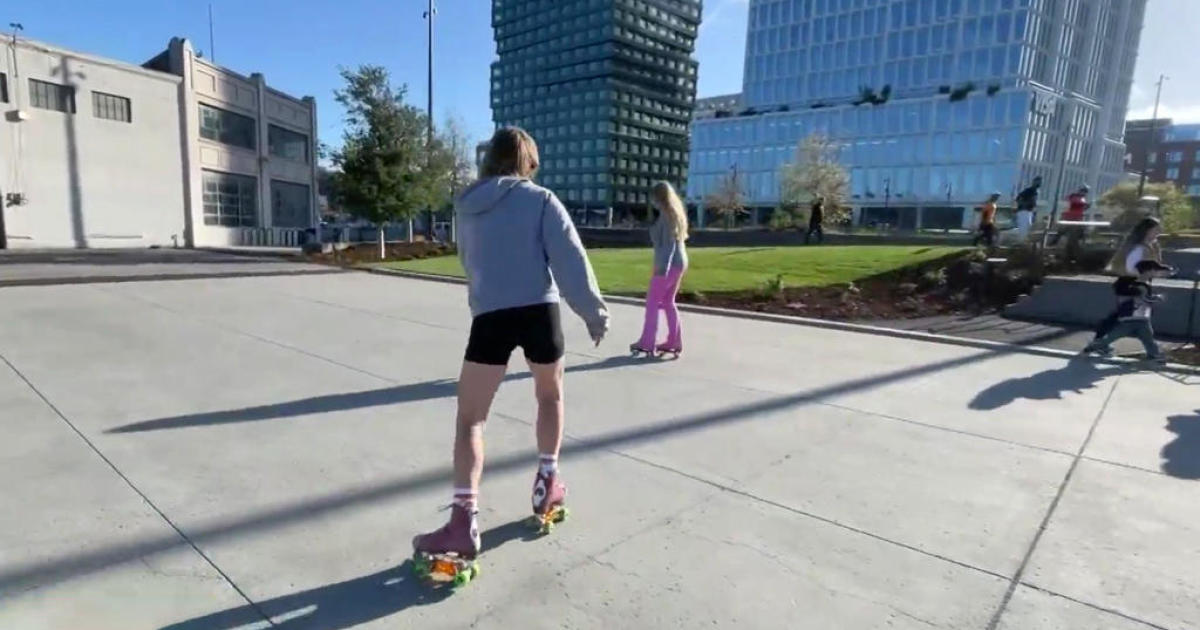Brisbane woman hopes to bring back starry sky by reducing light pollution
After noticing something was amiss in Brisbane's night sky, one activist took action to bring back the view of the stars at night.
Barbara Ebel really appreciates the view from her Brisbane back porch.
"It's beautiful," she said.
But once the sunlight fades and night arrives, the longtime Brisbane resident said something is missing when she looks up at the sky.
"It's all skyglow right now. We get two to three stars I think," she said. "But, every one of those stars are still there. They're just hidden."
So, for the past several years, Ebel, her neighbors, and the city, worked to create a plan to try and change that: They created a "dark sky" ordinance.
"Light pollution has skyrocketed," she said. "We started working on this several years ago."
After a City Council vote in January, the City adopted and began implementing it, which means the clock starts for Brisbane residents to modify their outdoor lighting.
"The first level of it, in many cases, can be as simple as changing a lightbulb. So, it's something that is very easy for people to get on board with," Ebel said. "There are a lot of light fixtures out there that are not necessarily labeled such but are. One of the things that we look for — is put a ruler across the bottom of the fixture — the lightbulb should be higher than that, so the light bulb is completely tucked up inside the fixture."
The ordinance requires new outdoor lighting, and eventually, all outdoor lighting, to be fully shielded; to utilize automated control systems (for commercial – encouraged, but not required, for residential); and at a color temperature of 3,000 Kelvin or less (except seasonal lighting and Brisbane Stars).
Here are timelines, according to the city.
- Starting March 1, 2024, if you are replacing or installing new outdoor lighting on your property you will need to make sure that the bulbs and fixtures comply with new regulations that control the brightness, color, and other characteristics of outdoor lighting.
- By March 1, 2025, existing lighting shall be modified where feasible: directing light downward if possible, adjusting dimmers and motion timers to comply where lighting is equipped with them, and replacing bulbs to meet color and lumen thresholds when they are replaceable.
- By March 1, 2029, all existing lighting at commercial properties shall be brought into compliance.
- By March 1, 2034, all existing lighting at residential properties shall be brought into compliance.
- By March 1, 2039, all streetlights and other city facilities shall be brought into compliance.
"You can see the difference over the years that there has been an increase in outdoor lighting applied to peoples' homes," said Caroline Cheung, with the City of Brisbane. "We want to ensure that the residents and the commercial community here in Brisbane can see the stars again. It's something that used to be the case, but not so much anymore. So, we're doing our part at the local level to see if we can help with the light pollution in this region."
And the ordinance will be enforced.
"We're asking for the community in the next coming years to do what they can to feasibly reduce their outdoor lighting," she said. "We have an administrative citation process. There definitely will be a warning and we have a code enforcement officer that will work with the residential and commercial community."
Brisbane is a small city nestled in a hillside next door to San Francisco, one of the largest culprits of Bay Area light pollution. Even though they won't make a major dent in reducing regional light pollution, Ebel said they need to do their part.
"There's always somebody out there who's making a bigger mess than you. But that's not any reason to not clean up your own house," she said. "I'm hoping that other cities will follow suit and that in 10 years we'll have a dark skies compliant Bay Area. We'll have our stars back, our animals will have their nights back, and people will have a better quality of life."



